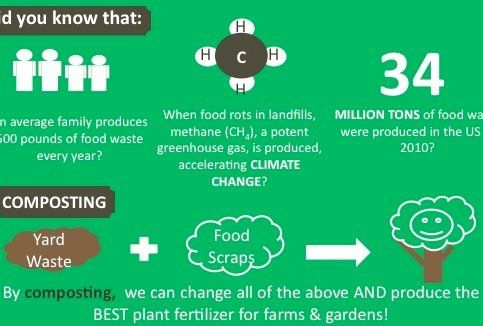City Earthworm
City Earthworm was started with a single mission: to make composting a household activity. We designed and built the City Bin, a modern and compact indoor composter that will allow EVERYONE to compost, regardless of the size of their living space or yard. The City Bin will soon be in production locally in Los Angeles County and will be manufactured using recycled plastic. Both City Earthworm and the City Bin have been featured in blogs, newspapers, as well as in television news programs. City Earthworm realizes that, while it would be great to allow more people to compost at home, there will also be some people who do not want to or are unable to do so. The easiest way to truly popularize composting is to make it easy for people. Therefore, we started offering a food service pick-up program to apartment dwellers in Santa Monica. We now hope to expand our service to the entire Los Angeles County.
Visit this organization’s website to learn more

1 Submitted Idea
- 2013 Grants Challenge
You Can Compost That!

Composting extends the lifespan of existing landfills, protects water quality, prevents the release of potent greenhouse gases, and produces the best fertilizer plants have ever met. Currently, City Earthworm is already gearing up to make composting accessible, easy, and desirable to the residents of Santa Monica by providing affordable weekly food waste pickup. At the same time, we will complete the farm-to-table-to-farm circle by delivering the food waste to organic farms for composting and increase their food production. With the funds provided by My LA2050, we would be able to expand our service to residents, restaurants, grocers, and other commercial customers throughout Los Angeles County so that everyone would be able to compost. In addition, we will partner up with local schools to set up composting operations on-site. We provide the setup, training, and a service plan to make sure the school’s composting operation is truly functional. Tending the composting operation is simple and can be done with coordinated efforts by the school’s groundskeeper, cafeteria staff, and designated students. This model is based on a system that is commonplace in the United Kingdom, in which local residents and business pay community gardens to compost their food waste. Composting is tremendously beneficial for the environment. The following is a short list of reasons why it should become common practice: 1) Greenhouse gas emissions from food rotting in landfills would be dramatically reduced through composting. When food waste rots in a landfill, methane – a greenhouse gas with a global warming potential 21 times that of carbon dioxide – is released into the atmosphere. Considering that Americans throw away nearly 40% of their food and that food is the single largest source of waste to landfills, composting food scraps instead of simply trashing them can dramatically reduce greenhouse gas emissions. 2) Existing landfill lifespans would be increased by composting. According to the 2006 Annual Report by Waste Management, existing landfills at that time had an average life of 28 years left. Land is one of Earth’s most precious natural resources. Using land for building new landfills or expanding existing ones is undesirable when it could be used for more productive purposes such as food production, housing, or habitat conservation. Even more importantly, landfilling carries significant negative environmental impacts and should be viewed as a last resort for waste disposal rather than the default path. 3) Water quality is preserved through composting. As mentioned above, composting diverts waste from landfills, which often contaminate groundwater supplies. Further, the use of compost in agriculture in place of synthetic fertilizers should be heavily promoted. Synthetic fertilizer causes algal blooms and aquatic dead zones when released into local bodies of water by rain or erosion. Naturally derived compost does not cause this harmful effect and, in fact, strengthens soil structure to reverse erosion. Compost has also been shown to significantly improve crop yield and strengthen plants’ resistance to disease. Furthermore, composting food waste instead of sending it to in-sink garbage disposals lessens the load on municipal wastewater treatment plants.